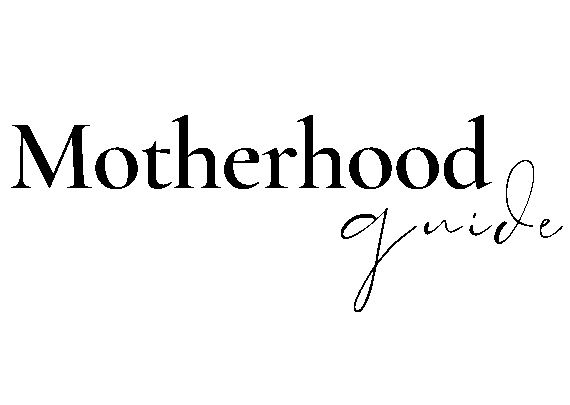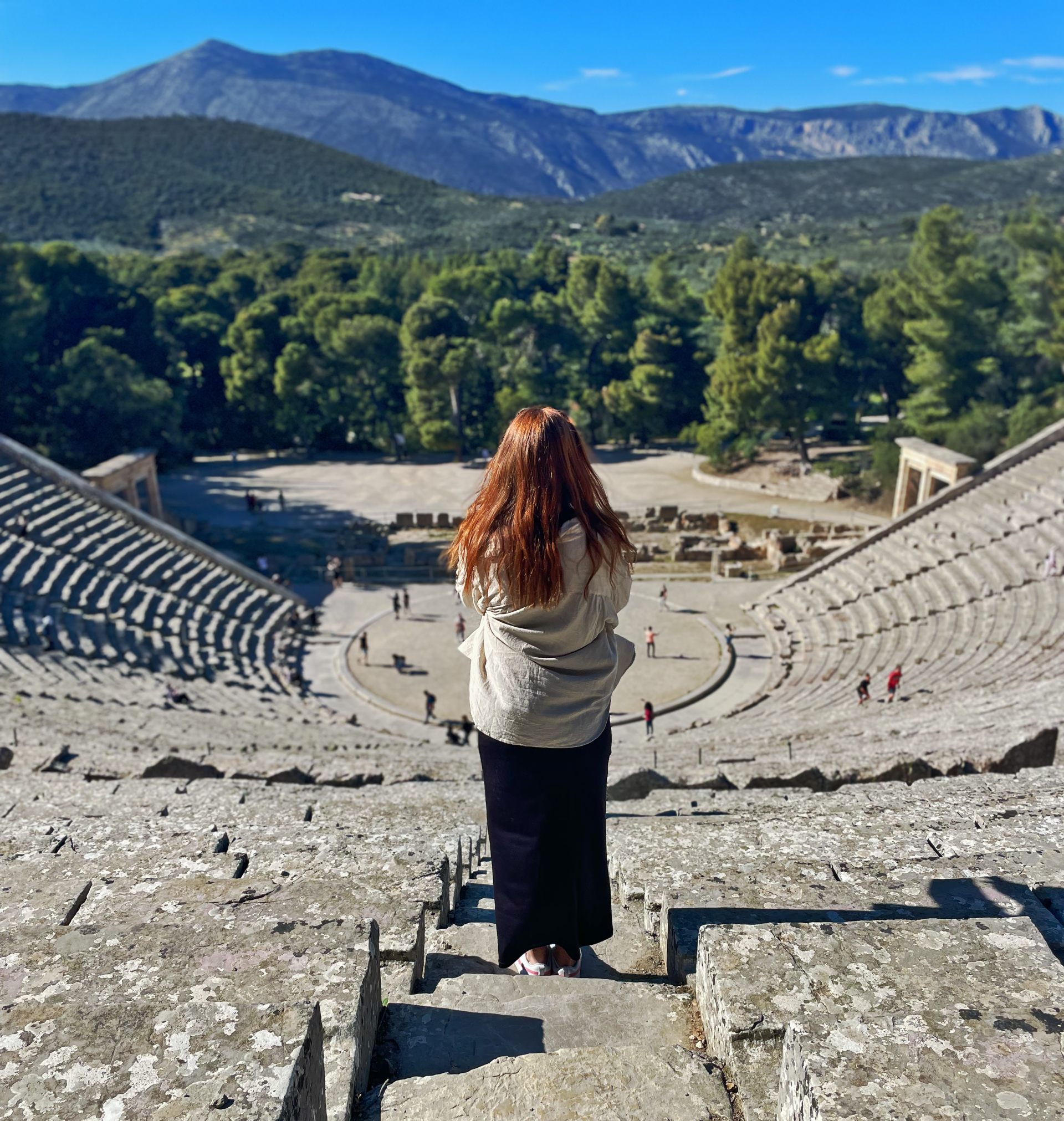The Times Are Changing, Fast
These last 5 years, we haven’t had much of a break: from Covid, we jumped straight into Putin’s war against prosperity and sanity, followed by economic turbulence and the escalation of the Gaza-Israel conflict. Think of it: as a society we had no time to properly reflect on the nearly 20 million lives lost to Covid or those who survived but still face long-lasting symptoms.
In fact, Covid never officially ended; it was rapidly replaced by war warnings and political chaos. Overnight, we forgot the face masks and started thinking about a new survival kit. Unless you’ve been living under a rock, these events are in you. They sit in the back of your mind, affecting your mood, health, your children’s school performance, and even their future career opportunities. The changes happening recently affect job markets, education systems, healthcare, and, ultimately, the quality of our lives. If you want to be the best possible supporter for your kids, you must really understand what’s happening around the world.
You can’t let it consume you (trust me, I’ve been there), but you must stay aware of it.
Informed parenting is key, since things show no signs of slowing down. From Trump and his shenanigans serving a new dose of surprises, stress, and dark humor every day to the ever-expanding role of AI, the ordinary turns into novelty overnight, and the news is popping up faster than the particles moving in the Large Hadron Collider these days.
With social media algorithms shaping the flow of information, AI manipulating narratives, and the media feeding us biased or outright misleading titles, it’s essential now more than ever for us, moms, to understand the patterns of politics, the economy, and history. These aren’t just abstract concepts to leave for politicians, economists, or historians to debate in ivory towers, it’s important elements to the lives we lead, the parenting strategies we choose and the futures we’re heading towards.
As moms, we’re facing challenges our own mothers could never have imagined, issues like spotting fake news, helping our kids make decisions for a future that might look completely different from the one we knew, or even competing with people halfway around the world. If I want my daughter to follow my guidance instead of quoting a lifestyle guru she came across on TikTok, two weeks ago, I need to be ready to challenge the so-called “truths” that influencers are selling. But it’s not about arguing for the sake of arguing, it’s demonstrating a real understanding of how those “truths” really work or making sense of them by thinking critically.
Our kids (and ourselves) are constantly exposed to misleading influences when it comes to lifestyles, values, products, and even recipes. On social media, things only have to be trendy, look good, and preferably be “sexy” nobody needs them to be true. Be honest: how many of those mouth-watering recipes you’ve added to your favorites have you actually tried cooking, and how many of them actually were good? It’s all about engaging us really, not about doing us favors.
Social Media, AI And Informed Parenting
First of all, can we, parents, finally stop calling social media something “new” it’s been around for over two decades. Evolutionarily, it is new, but not for our kids; they grew up with it! For my daughter, posting on social media is more natural than using the internet is still for me. I didn’t grow up with it. In fact, I bought my first computer when I was 19, older than she is now. She’s had access to various social media accounts since she learned how to read, while I was using my computer, internet-less, daily for a year (!).
But, what is new, for both of us is AI and how it manipulates the way we receive and consume information. The algorithmic preferences, not us, choose what we’ll see based on what engages us the most, across different platforms, adjusts our virtual reality into something that feels comfortable (and/or helps to sell), rather than what’s true or necessary. Add Meta’s new policies on false information and narratives that mimic facts, and suddenly, everything you read could be a lie. So, how do we know the difference between a fake viral video and a legitimate news story?
It’s about preventing yourself from sounding silly, while increasing your odds of raising children who can commit, focus, and are curious enough to form their own opinions, those who matter, people who vote. So their kids won’t end up with non-doctors performing surgeries on them, as we have non-politicians pretending to run the world. In other words, informed and socially engaged mothers are more likely to raise children who aren’t morons.
Empowered Conversations and Critical Thinking
Whether you’re at a parents’ meeting or looking to network professionally, having a firm grasp on politics, the economy, and history puts you in a position to be seen. It’s okay not to know the nitty-gritty of everything, but not knowing how taxes work in your country, who let’s say Bernie Sanders is, or what NATO is about in today’s context might impact how people see you.
Politics and history are not just for the “educated elite” they are a part of everyone’s day-to-day life, whether you like it or not. When you’re informed, you get to be the one asking the questions and challenging the narratives. Personally, nothing screams more sexy and powerful like being the one to make others think.
Understanding the economy, political climate, and history is more than just watching the news, it’s about seeing the big picture and applying it to everything from decision-making at work to raising awareness among your friends. You don’t need a PhD to have an educated opinion. You just need the curiosity to know, to think more critically, check your sources, and even pick a few that might contradict each other but are still legitimate, and use them to form your full opinion.
Moms who vote, work, and manage to engage others in meaningful conversations on a wide range of topics, not just their 7-step skincare routine, might not influence the world, but there’s a high chance they’ll inspire their children to think critically, double-check facts, challenge leaders, create meaningful things, and trust themselves more. And those will be the kids that will influence the world.













